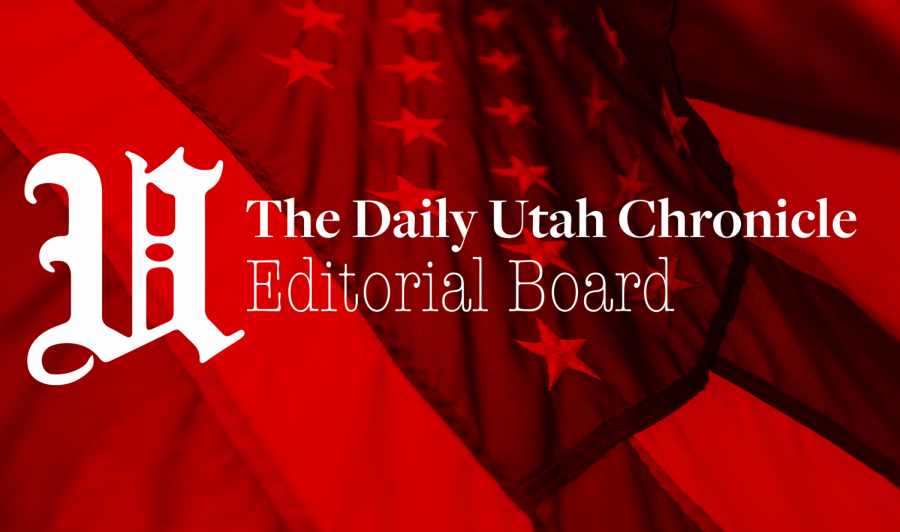Editorial: You Should Care About the 2021 Legislative Session
January 19, 2021
Today the Utah State Legislature begins its annual General Session, where our senators and representatives will meet to vote on hundreds of bills and resolutions to shape the future of our state. It’s a big day for us on the opinion desk — all our writers, including members of the editorial board, will be following the session closely over the next six weeks to offer in-depth reporting on proposals that matter to the University of Utah and our broader community.
Why the Legislative Session Matters
We don’t just cover the legislative session every year because we can’t come up with anything else to write about — we do it because local politics has a direct, often tangible impact on our health, safety, education and financial well-being. The officials we chose in November (assuming you read our October editorial and voted all the way down-ballot) are now going to do the work for which we elected them, voting for or against what might turn out to be life-changing legislation. In 2020, for example, Utah leaders voted on gun reform, abortion, juvenile justice, water conservation and measures to protect Indigenous women, girls and LGBTQ+ people from violence.
If none of those issues hits close enough to home, the legislature also has substantial power over Utah’s public universities — including the U — with policies covering campus safety, graduation requirements and tuition costs. And there are other high-stakes issues for college students on the table this year, like affordable housing, public transportation, mental health and, of course, the COVID-19 pandemic. The legislature could fund economic stimulus for Utahns below a certain income bracket or subsidize remote mental health programs. They could approve a massive bond to expand UTA’s infrastructure and services, not to mention hundreds of other proposed bills that will undoubtedly affect our cities and neighborhoods, if not each of us individually.
How the Session Works
Much like our spring semester, the 2021 legislative session will take place in a hybrid online and in-person format thanks to COVID-19. Lawmakers who choose to physically attend at the Utah State Capitol Building will be tested for the virus every day, and citizen observers will have to wear masks and comply with social distancing guidelines to prevent the spread of the disease.
For representatives who are high risk or simply uncomfortable participating in person, all of this year’s meetings will be held online as well, which could slow down the process of debating and voting on potential laws. In last year’s general session, state leaders introduced 832 pieces of legislation and passed 510; those numbers will likely be smaller this session.
Aside from COVID-19 accommodations, though, the legislature will operate according to the same rules it does every year: a 45-day calendar, ending this year on March 5; a tight cap on priority bills, where each Senator gets to prioritize 5 bills to introduce to their legislative body and each Representative gets 4; and the standard Schoolhouse Rock! process by which a bill passes through committees, the House, the Senate and finally the Governor’s office to become a law.
The U’s Role in State Politics
U students have a bigger role to play in this process than many of us might suspect. Dozens of U students work as interns in the legislature every year, student body representatives lobby legislators and student groups stage protests. As a major employer, healthcare system and educator of Utah’s rising generation, and as the home of the Hinckley Institute of Politics, the university also has substantial sway on the hill — leaders often consult U researchers and policy experts as they write, debate and decide on bills.
Perhaps most important, though, is the fact that the U’s 30,000+ students live and work and have family members all over the state. We vote in and far beyond Salt Lake City’s blue bubble, and we have sway on the hill simply as our leaders’ constituents. Local representatives don’t get the same steady flow of emails and phone calls as our federal leaders — meaning our messages to them are more likely to change their minds or prompt them to introduce a bill. So during this historic session, take the time to research the bills and issues that matter to you and reach out to your legislators to share your voice. It could make all the difference for your community.
The Daily Utah Chronicle Editorial Board is a group of senior opinion journalists who rely on research and debate to write staff editorials. Editorials represent the majority view of the editorial board and are written separately from the newsroom.







